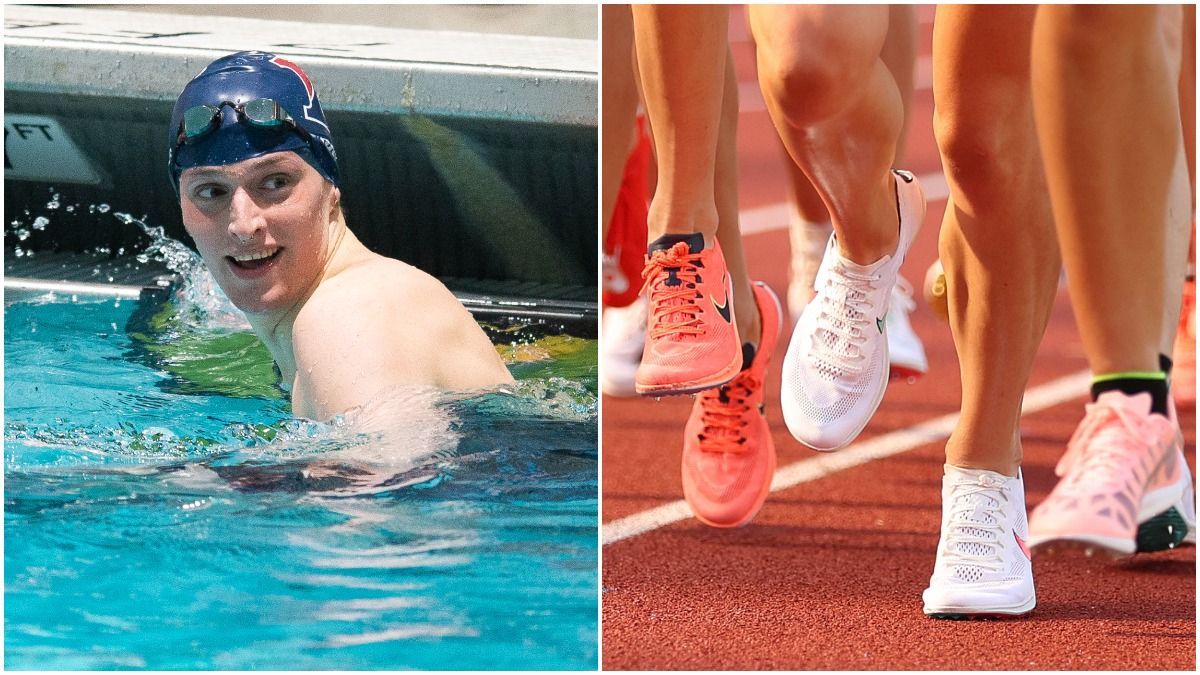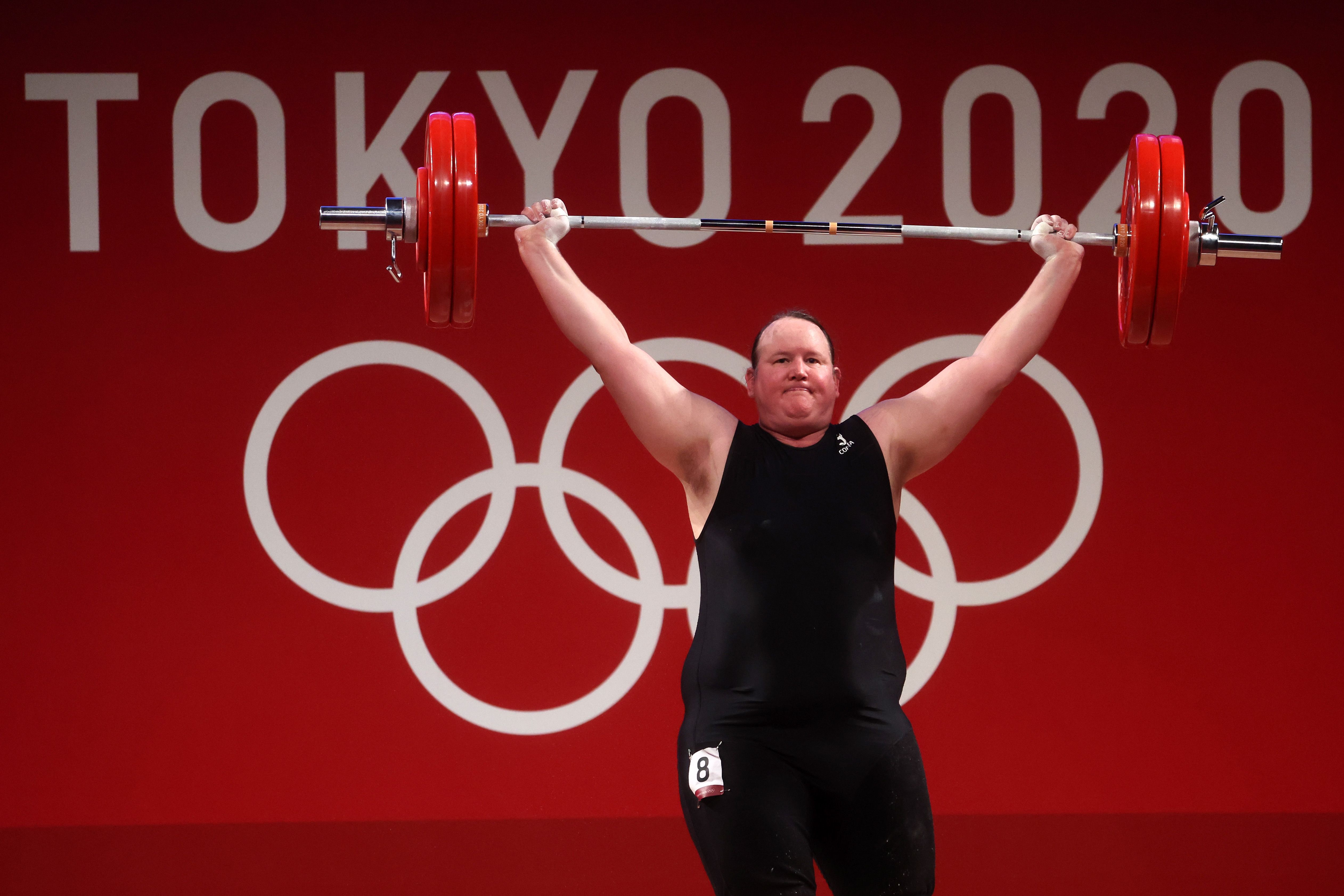Two British runners, both of whom asked to remain anonymous, told BBC Sport they believed transgender athletes should only be allowed to compete in the category of their biological sex.
The athletes, one of whom is an Olympian, spoke to The Sports Desk about the participation of transgender women in elite sport.
They are the latest to contribute to the debate around transgender athletes in sport – some argue transgender women should not compete in elite women's sport in case they retain advantages, but others argue that inclusion should be the priority.
The athletes claimed their beliefs were common in women’s sport, but that other female athletes were “scared to speak out”.
"I believe sport needs to be kept in sex categories," said athlete A. "That's the only way it remains fair.
"The categories aren't there for gender identity. The categories are there for sex and the difference between the two sexes."
Athlete B added: "Competition needs to be fair; it's meaningful if it's fair.
"The whole point of competition is to make a fair and level playing field and the only way to do that is to have a female category and a male open category, where trans women can compete and it's a level playing field. We need to protect women's sport."
Both athletes also claimed women’s sport would eventually be “taken over” by transgender athletes.
"I think by trying to have inclusion it actually excludes who the category is for," said athlete A.
"The female category was made because women wouldn't get a look in if they played male sport.
"We have seen at the Olympics last year trans women being included in the female category, and that then takes away an opportunity for one woman to be called an Olympian, and that is something we all dream of."
Athlete B said: "We've made great strides in encouraging women into sport.
"This is actually excluding more women from sport and it will slowly turn around so then we won't have a female category any more, but it will be just taken over by trans women who are biologically male."
This claim was disputed by sports scientist Joanna Harper, who also spoke to BBC Sport.
"If you look at NCAA [US college] sports, there are more than 200,000 women competing every year,” she said. “Trans women make up 0.5-1% of the population so we should be seeing 1,000-2,000 trans women [competing in the NCAAs] every year.
"The NCAA 11 years ago allowed trans women to compete, based on hormone therapy. We should be seeing 1,000-2,000, but we see a handful every year.
"So 11 years after these hormone therapy-based rules went into effect, trans women are not taking over NCAA sports. They are still hugely under-represented."
Weightlifter Laurel Hubbard, swimmer Lia Thomas and cyclist Emily Bridges have all been at the centre of the storm surrounding transgender athletes recently.
Bridges was ruled ineligible to compete in her first elite women's race by the International Cycling Union in March.
She was then told she could not compete at any British Cycling event after the governing body suspended its policy that allowed transgender athletes to compete, as long as they had testosterone levels below five nanomoles per litre for 12 months prior.
Bridges said she had been "harassed and demonised" after she was told she could no longer compete.





















